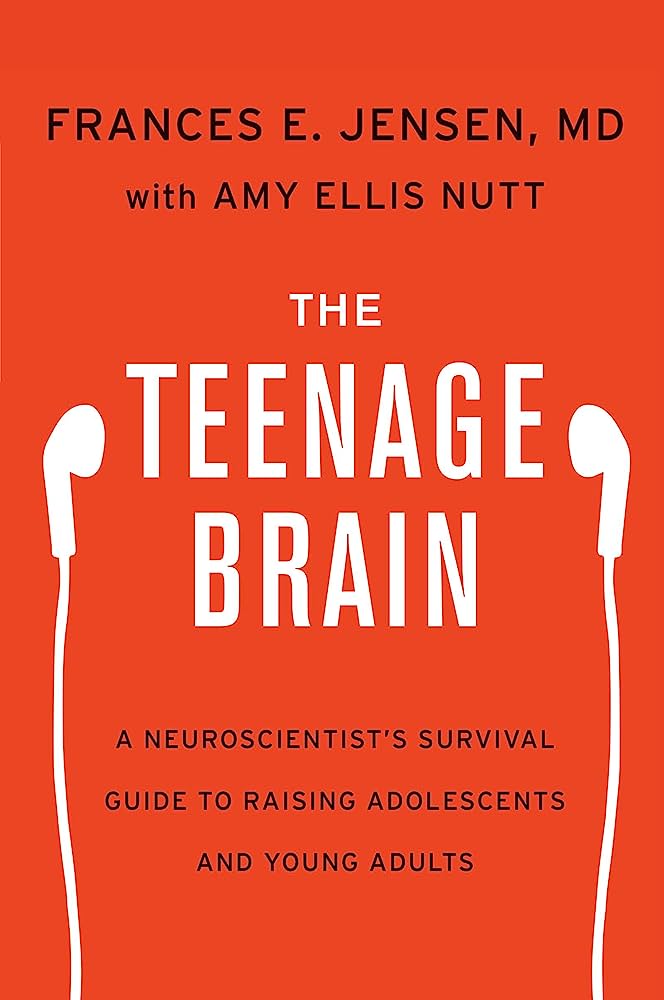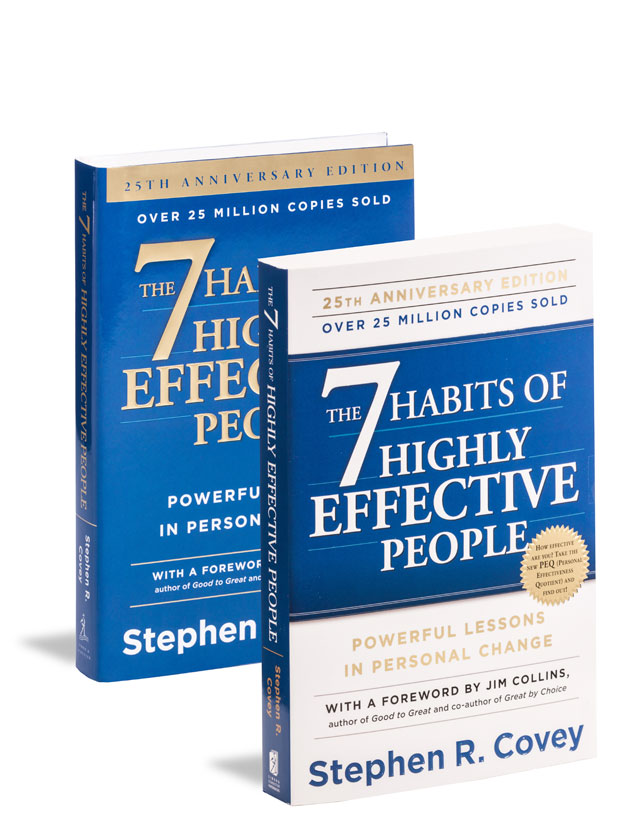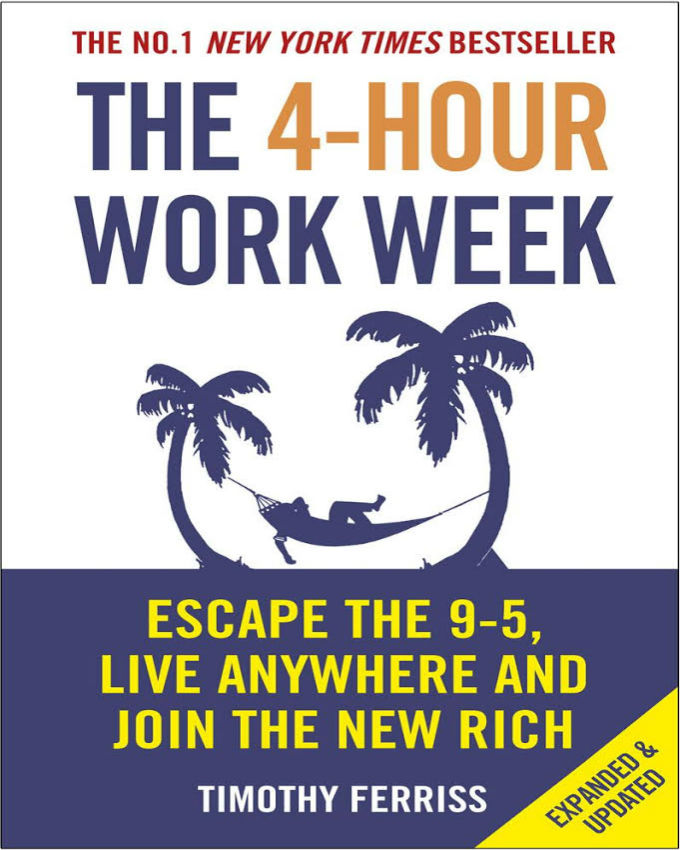Book Report: The Teenage Brain: A Neuroscientist’s Survival Guide to Raising Adolescents and Young Adults
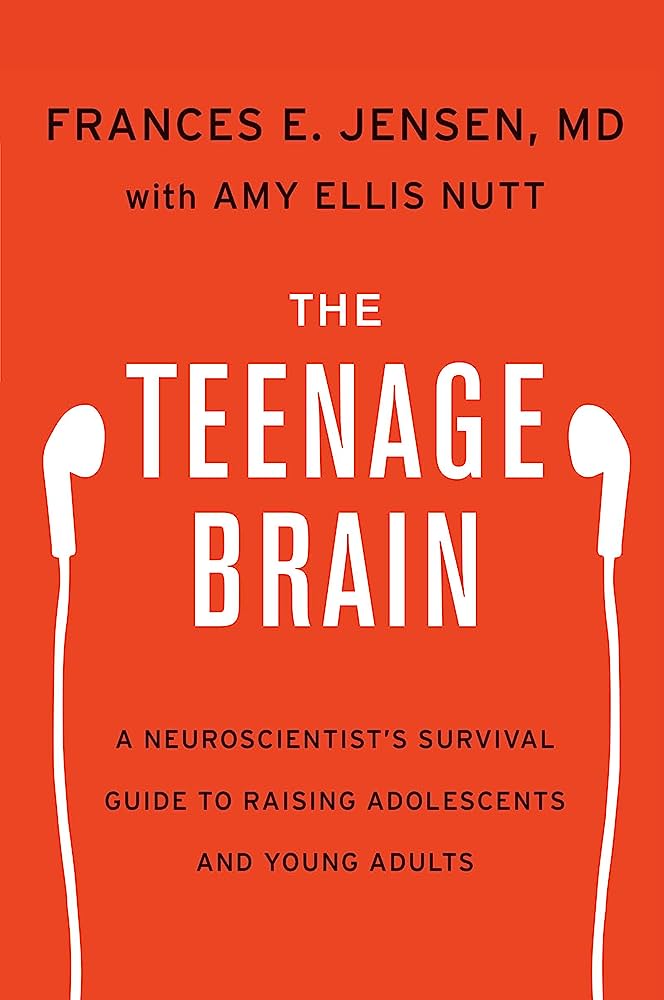
Jensen and Nutt’s (2016) ‘The Teenage Brain: A Neuroscientist’s Survival Guide to Raising Adolescents and Young Adults’ is a guidebook for parenting adolescents and young adults. In her book, Jensen explores the world of teens’ brain development, which she says has been neglected in neurology and neuropsychology. The focus is often on child and infant development.
The authors argue that until recently, adolescent brain development was neglected and under-searched as scientists mistakenly believed brain growth was complete by the time a child began kindergarten. The same applies to parenting. For the past two decades, many parents have believed that their adolescents’ brains were fully developed and they reasoned like adults; hence, they do not deserve much attention like toddlers. This assumption is wrong. Jensen and Nutt (2016) maintain that, like toddlers, adolescents also need attention.
According to the authors, most parents care for toddlers for proper growth and development. However, when they reach the adolescent stage, the attention diminishes as adolescents are perceived to be grown enough to take care of themselves. The author believes that growth and development during adolescence and early adulthood involve emotional, physical, psychological and other areas of life that are critical in determining the direction a child takes on adulating. As such, journeying with teenagers as parents in discovering their interests and making life transitions with the right decisions is vital. However, most parents and guardians have a problem with their children at this stage because they do not precisely understand what that age requires.
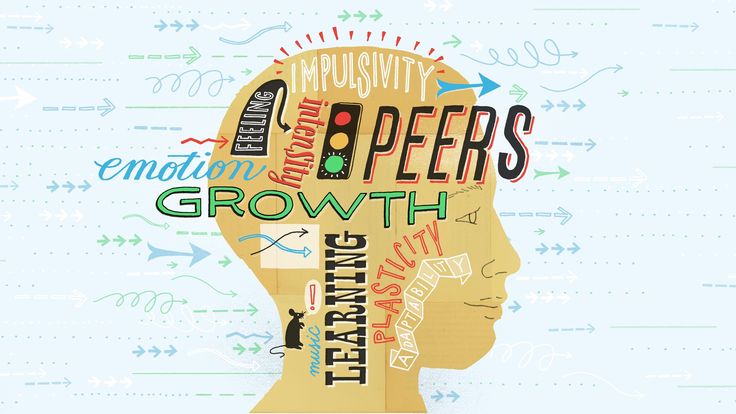
The author of ‘The Teenage Brain,’ also a neuroscientist, offers other parents an insight into how to live with teenagers and actually how to understand them to give them the support they need to become stable and peaceful as they transition to adulthood. Jensen does this by narrating how she relates to her boys, Andrew and Bill, in different contexts, which are almost universal to all parents.
Jensen and Nutt (2016) argue that most parents regard adolescence as a fighting stage because the children become less controllable, wanting to try new things not necessarily because they want to be that way for the rest of their lives but just for adventure reasons. Parents mostly fight this phase off their children’s life cycle because they fear they might get carried away. Contrastingly, teenagers feel hated, get angered, and resist their parents’ controlling acts.
According to Jensen and Nutt (2016), parents must understand that this stage is new to them, just as it is to adolescents. Parents also need proper guidance on maneuvering around it to avoid bad decisions that might impact their adolescents’ transition into adulthood. Some decades ago, children were of economic value to the family by the time they became teenagers. In many cultures worldwide, boys started working in the fields as long as they reached adolescence. The girls were sold off to marriage in their adolescent stage. Hence, less interest was directed to adolescence as they were categorized as adults.
Consequently, adolescence and early adulthood remained under-researched and understudied. Jensen and Nutt (2016) explain that things have changed, and most children today spend most of their life with their parents until they are adults. This means that the economic importance of children has been revised over the years, and parents, too, need to shift their mindsets and attend to their adolescents. Researchers must shift the focus from only concentrating on toddlers’ brain development and extend their studies to adolescents.
According to Jensen and Nutt (2016), Granville Stanley Hall is regarded as the founder of the science of adolescence and teenage studies. Hall was the first to mention the age between childhood and adulthood in his works as very important. It is the age at which puberty changes occur in males and females engineered by hormonal changes. Some hormones get to build up during adolescence, such as sex hormones which affect different parts of the body, including the brain.
Teenagers have different reactions to these changes in their bodies, which explains why some talk back, some get angered quickly, others get emotional faster, some make poor decisions, and others develop low self-esteem towards themselves, among other complaints that the author receives from teenagers’ parents. Hall explained to parents and educators that handling teenagers is manageable if only you understand them and guide them accordingly, instead of scolding and blaming them in case they make mistakes. He further says it’s a life phase like the others, and proper guidance is needed to anchor teenagers as vital adults.
Jensen and Nutt (2016) argue that the brain is the most complex part of the human body that puts all the other organs of the body in order. The complexity of the brain does not just happen. Neurologists explain that growth and development are realized gradually from the time of birth to the time a person dies. The development of tissues, regions and the different senses of a human person explains this growth. Different senses and a reaction towards them help the brain to grow in different dimensions according to a child’s age.
Teenagers’ brains as well are on steady growth and development, and this time, very critical because they experience a lot of changes in themselves to the point of getting confused easily to making bad decisions; the reason why alcohol and other drugs are hazardous to teenagers than to different developmental stages because it makes them get lost in their judgments or form a dependency that practically affects their lives.
Further, Jensen and Nutt (2016) assert that most parents dealing with teenagers blame themselves if their teen kids are caught up in things they do not approve such as sneaking to a party at night, smoking, and having sexual partners because they feel as if they have not done enough. Other parents blame the teenagers for failing to contain their changes and whatever they are going through. These situations are common in society today, but in reality, neither is to blame because these are natural changes.
There is only a need for liaison between the parent and the teen to get a consensus leaving both parties satisfied. Understanding that teens are developing in a way they cannot understand helps a parent handle different situations in the life of the teenager in a way that is not offensive. The same will be reciprocated by the teenager feeling quite comfortable. It is not that they cannot listen, but approach from the side of parent’s matters as well. They must also feel that someone understands them, even if they do not.
Forming a consensus with a child is the only way neurologists give to stop fighting with them. Getting on the same thinking level might often fail, but parents should be more willing to venture into it to support growth in all the stages of their kids’ development. It will help parents understand their children from different angles and give them timely advice to save them from poor decisions. This liaison might not come automatically or willingly. It is cultivated gradually because a parent gets to understand areas affecting teens, such as sleeping patterns, their level of taking risks, their perception of using certain drugs, the influence of the internet on their lives and their overall interests.
This liaison, however, is against the biblical teachings because it is a command from God that children must obey their parents to get awarded longer days on earth. But for these contexts, it is the other way around. According to science, parents, too, have to obey the demands of their kids. Parents of the Christian faith might not even buy the knowledge in science about brain development. They may object to the idea of liaison because they believe God created a person with everything, and whatever direction they take in life is according to God’s will.
Conclusion
In our everyday life, parents worry about teenagers and vice versa, not knowing why. Many teenagers are caught up in drug and substance abuse, depression, early sex and marriages, poor decisions, and lack of emotional support to the point of committing suicide, among other problems. Science explains how nature works and flows despite being created by God. Applying the neurologists’ knowledge to save teenagers is not against God because He is everything, even science. He always wants us to live well, but he gives us raw materials to create the desired end product for his Glory.
